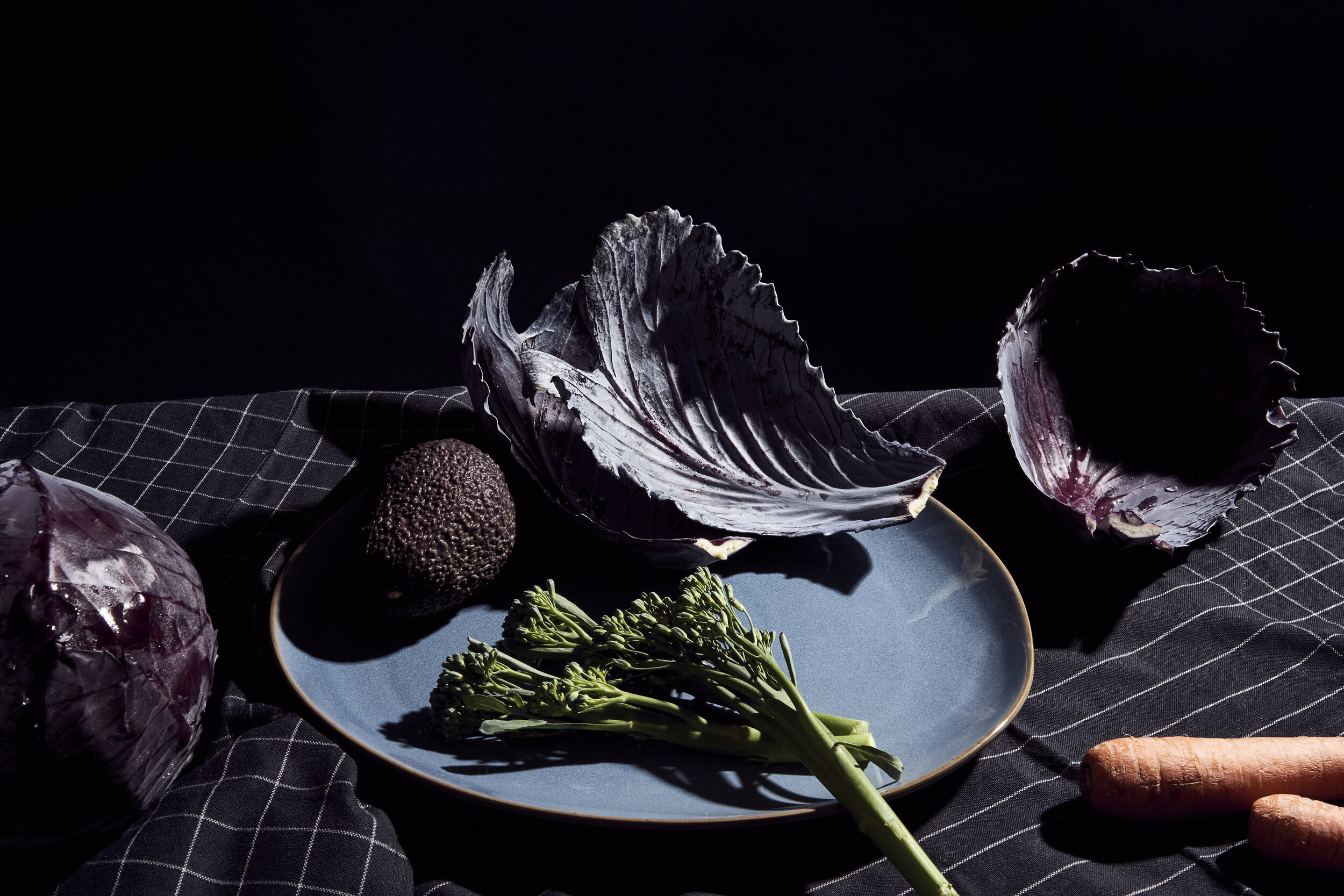
anti-inflammatory
Worldwide, 3 of 5 people die due to chronic inflammatory diseases like stroke, chronic respiratory diseases, heart disorders, cancer, obesity, and diabetes. Reducing inflammation as much as possible is crucial, either as a preventative, or after you have been diagnosed. It’s never too late to start living a balanced life.
Drink
Turmeric
No matter your intake method, if you prefer taking capsules in the morning, or making a latte, turmeric is a great addition to an anti-inflammatory diet.
Lunch
Spinach and persimmon salad
Spinach is rich in many nutrients, including Vitamin A, Vitamin C, Vitamin K, iron, folate, potassium, and fiber.
Dinner
Salmon and sweet potato salad
Salmon is rich in Omega-3 fatty acids (aka lipid), which supports structural fat in the brain, needed for daily functioning. Amounts of Omega-3 per 6oz. serving vary, depending on sourcing. With wild/farmed, it ranges from 1,700-4,500mg.
foods that cause inflammation
Try to avoid or limit these foods as much as possible:
refined carbohydrates, such as white bread and pastries
French fries and other fried foods
soda and other sugar-sweetened beverages
red meat (burgers, steaks) and processed meat (hot dogs, sausage)
margarine, shortening, and lard
foods that help fight inflammation
An anti-inflammatory diet should include these foods:
tomatoes
olive oil
green leafy vegetables, such as spinach, kale, and collards
nuts like almonds and walnuts
fatty fish like salmon, mackerel, tuna, and sardines
fruits such as strawberries, blueberries, cherries, and oranges


